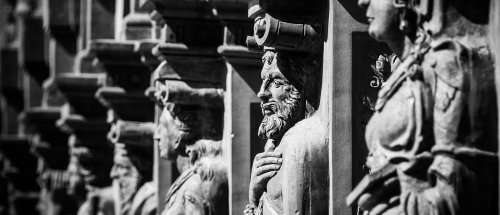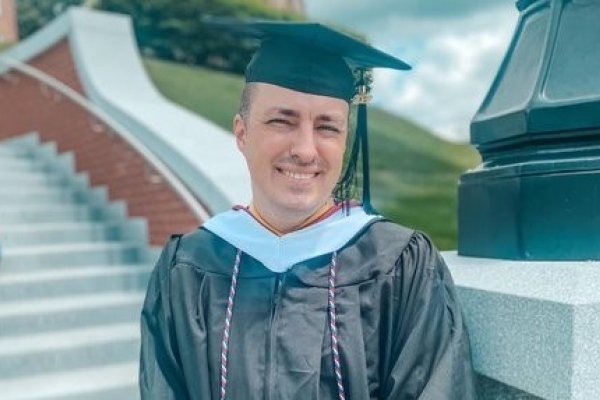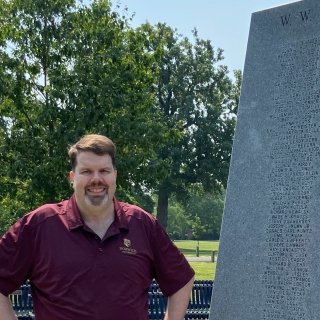
Master of Arts in History
Leverage the Past to Build Your Future
Take a comprehensive analysis of the major developments, events, and figures of the past with Norwich University’s Master of Arts in History program. You will demonstrate a familiarity with more than one historiographic tradition and the ability to synthesize different types of historical knowledge. Develop essential skills relevant to not only careers in history but also in business, law, education and government.
Experience a truly unique learning experience from the first private military college in the country and the birthplace of ROTC. Norwich’s flexible online learning platform allows you to connect with a faculty of active scholars with doctorate degrees. You will join a network of more than 18,000 alumni, many of whom have made significant contributions to our country’s development, including Edwin Ferry Johnson, chief engineer of the Northern Pacific Railroad; Harry Bate Thayer, president and chairman of AT&T in the 1920s and General Gordon R. Sullivan, chief of staff of the U.S. Army in the 1990s.
Now it’s your time to make history. With your degree, you will improve your historical insight, research, writing, analysis and presentation skills. You can customize your degree based on your career goals and personal interests to become an expert teacher and historian in your area.
You, at Norwich
Learn from a faculty of active scholars with doctorate degrees.
Customize your studies based on your career goals and personal interests.
Develop essential skills relevant to not only careers in history but also in business, law, education, and government.
Improve your historical insight, research, writing, analysis and presentation skills.
Apply to one of four start dates per year.
Benefit from a university recognized as offering Best Value with respect to high academic quality and low net cost of attendance, according to the U.S. News & World Report.*
*Rankings are based on undergraduate programs and on students who recieved the average level of need-based financial aid.
Accreditation & Recognition

Norwich University is accredited by the New England Commission of Higher Education (formerly the Commission on Institutions of Higher Education of the New England Association of Schools and Colleges, Inc.).














